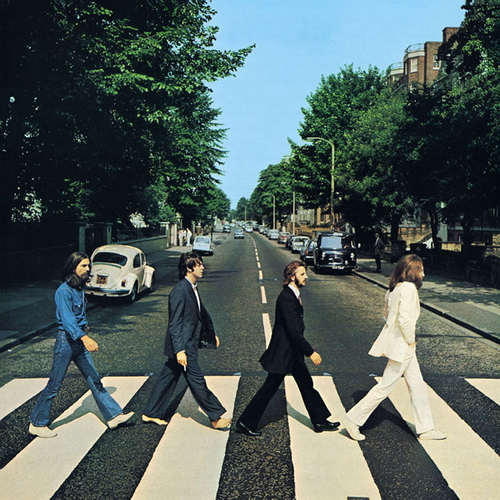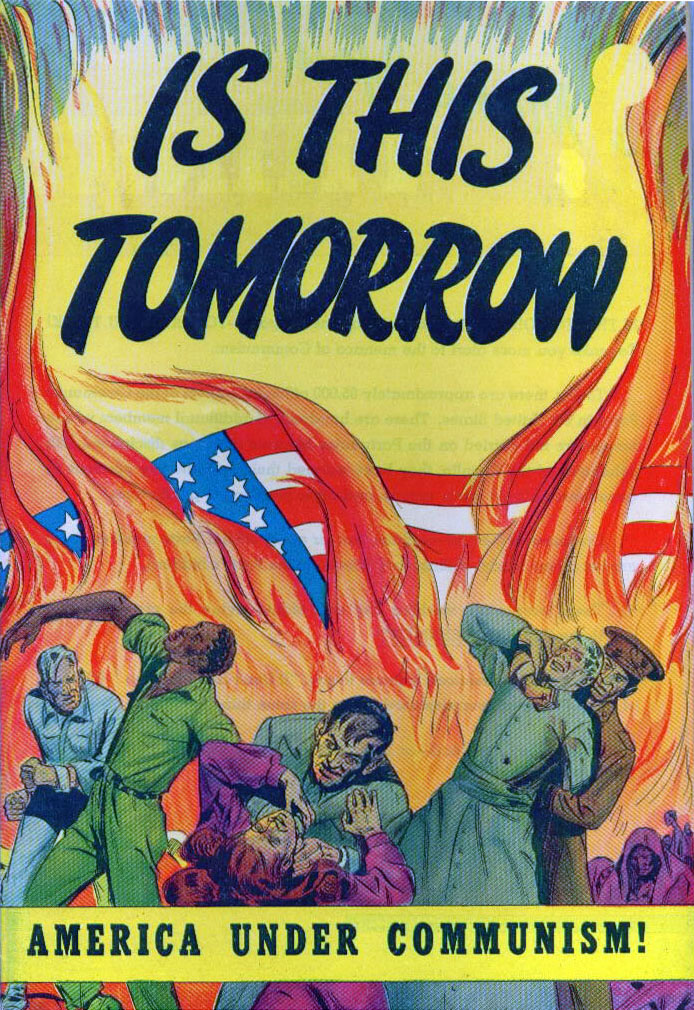It's difficult to discern the true threat that various militant groups in the Middle East pose to US security, and also to my individual personal security.
I have mixed feelings about the war in Afghanistan. I'm pleased that this administration has placed more focus on the country in its national security strategy, which was sorely lacking in the previous administration. Afghanistan certainly is more of a threat to the security of the United States than was Iraq, and it only seems fair that more military emphasis be placed on a country that was actually a threat to the US than was just a threat to itself (I'm not putting down the unparalleled effort our troops exhibited in Iraq, and they deserve all the praise they get and more).
However, I have to keep asking myself, what is a "win" in Afghanistan? There isn't going to be a signing of a surrender by the Taliban or Al Qaida on an aircraft carrier, or a white flag being raised from their headquarters. Because, think about it, what is the "headquarters" of these organizations. They aren't nation-states, and therefore it's more difficult to gauge success against a group that (for the most part) doesn't have a clear leader, finite military forces, and a known area of influence. It's easy to have the standard bearer of an enemy in war or conflict be the Nazis in WWII. It had a clear leader, it had a finite military in the German forces, and it was known what territory it was taking or already occupied (to as best extent as it could be known). So what's a win? The Taliban or Al Qaida isn't going to surrender as it's not a nation-state, and it's certainly feasible to think that continued influence by the United States in an effort to suppress a terrorist organization would only embolden those who are fighting against us.
It brings up the question of how these terrorist organizations cause the US such a problem in the first place. And when you think about it, the policy of intervention in foreign affairs on the part of the United States seems to have dug the US its own grave. While protecting US interests is important, we have tended to overreach into foreign conflicts. Korea, Vietnam, and various proxy wars have shown that there hasn't been much success in proving to the world of the US hegemony over global affairs.
But how has this foreign policy caused the problems we face today? Terrorist and fringe organizations tend to arise from certain socioeconomic factors: income inequality, exploitation, corruption, and downtrodden and war-torn economic conditions. That's why the US was eager to aid Western Europe following World War II, because the State Department was sure that various left-wing organizations would gain more steam among the disposed population of Europe. The United States, however, has provided the Middle East with not a solution to those problems, but the actual problems. Beginning with the Eisenhower administration, the US has acted strategically with regards to the Middle East, due mainly to the vast and valuable oil reserves that are prevalent there. In places like Iran, the CIA ousted a democratically elected prime minister, Mohammed Mossadeq, and installed a corrupt government which eventually cracked in 1979. And to this day we wonder why the Iranian and US governments have not always seen eye to eye. Same goes for Iraq. In the 1980s, the Reagan administration sold weapons to both the Iraqi and Iranian governments in order to essentially have the two militaries destroy themselves in order for the US to exert more control over the region without a hard opposition. The Reagan administration was also not averse to propping up regimes in foreign countries with our military, much to the detriment of the population in those countries. We have ourselves to blame for the rise of these radical groups in the Middle East. It's not a coincidence that our increased involvement in the affairs of the Middle East has been met with the increased membership of those populations with terror networks.
It reminds me of an episode from the West Wing, where a former president who can be easily be seen to reflect Ronald Reagan dies, and the current president's speechwriter Toby can't find any good things to say about what the Lassiter administration did for his eulogy, especially in regards to foreign policy:
"And I look at these great....and terrible old men, and I think: these men spent the better part of the late twentieth century trying to play God in other countries. And the regimes they anointed...are the ones that haunt us today."
Think about it: if you were living in Afghanistan, and you saw how much oppression foreign governments brought to your country, how would you react? Would you willingly go through your life without food, water, housing, schools, infrastructure, etc? Joining a terrorist organization may seem like an inevitable fate, so long as you don't want to starve.
The deploying of troops in Afghanistan seems to perfectly reflect the internationalist spirit the United States has embodied in recent decades following WWII. But has this spirit really made us safer? Being the hegemon is nice and all, but it provides dissident nations and populations with something to be united against. So long as there are terrorist or non-state organizations, the realist world model will live on. There will continue to be a balance of power act against the United States, so long as we continue to "meddle" (that's a strong word) in the affairs of other nations.
We have been placed in a tough situation: do we move forward, have a potential insurgency in Afghanistan, and reclaim our identity as the infallible hegemon? Or do we move in a more isolationist direction, possibly decreasing the influence of our nationalism over time, but also decrease the nationalism of other rogue nations/organizations? If we stay, we will be seen as the country that isn't able to secure a win in the War on Terror, assuming the present course is stayed. If we leave, we'd be seen as giving up on our friends (although Karzai is no friend) and set a dangerous precedent for future conflicts.
Overall, when you weigh the real current and potential future costs of the presence of US troops in Afghanistan to the potential benefits of a "victory" in that nation, it seems that there aren't enough pros to continue our mission in Afghanistan. In the short term, we will lose more troops, while gaining little in terms of international recognition and support. In the long term, we will make ourselves less safe, as we would create more resentment toward us abroad. You never know, the dissidence may not be limited to the Middle East. Europe and Asia could begin to spark an anti-American revolution soon. It's unlikely, but not impossible.
I realized that there's another quote from the same West Wing episode that is pertinent to this, so I'll close with it:
"Why do they hate us? Because we support their oppressors...we ARE their oppressors. You start saddling up camels in every country in the Middle East, you better be prepared to spend the next 50 years sifting through sand. Because this isn't some run on the beach. This is the new world order."












